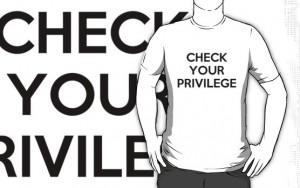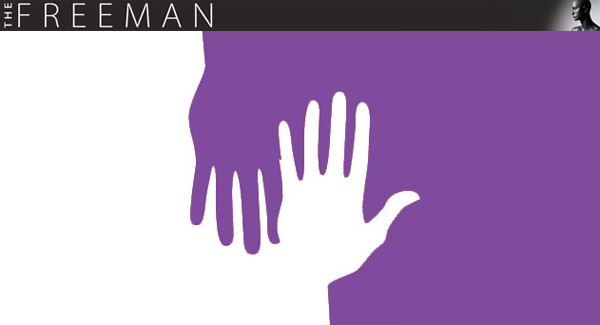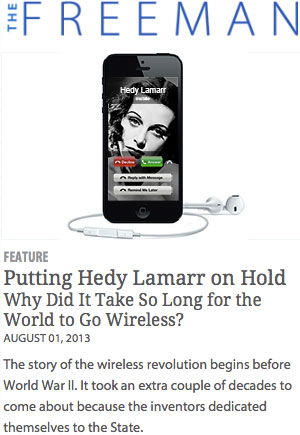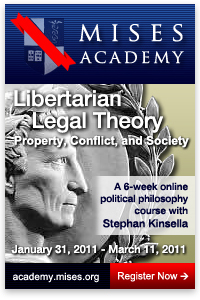The Patient Protection and Affordable Care Act – aka Obamacare – was expected by economists to cause economic changes. (Here is the act in a handy 906-page .pdf file.) Some predicted lower employment, either from employers’ reducing employees’ hours to keep them from being deemed full-time, or simply by firing employees whose marginal productivity isn’t more than the $300+ additional cost, per month, of complying with some of the employer mandates.
Put simply, mandating increased per-employee costs will cause employers to react, and the employees most at risk of losing hours or jobs will be the ones with the lowest productivity: the minimum-wagers the government says it’s trying to protect. Any time the government takes control of (more of) an industry, the result inevitably will be unintended consequences. People seek to do what produces the best outcomes for themselves; we are not the static, obedient walking statistics government pretends we are. We actively seek ways to avoid burdens, because we need to feed our families.
Obamacare provides that employers cannot reduce employee wages to avoid the additional costs imposed on the employers, and every employer with 50 or more employees must participate in providing health care or face punitive fines. Individuals who are not covered by a welfare program (Medicare, Medicaid) or by their employer must purchase their own insurance on the new “health care exchanges” to be set up by the states, or pay a fine along with their income taxes every April 15. Who are the people who don’t want medical insurance? Healthy young males, who are expected to pay as much as $5,800 per year, essentially to subsidize health care for the poor and sick. Their penalties will be far lower than that, at least at first, that we know of. What do you think they will choose?
Enough about the act. You can read about it from the links above. Here are the consequences:
Those of you who told Trader Joe’s you won’t shop there any longer because they’re not covering health care for their part-timers should first read Trader Joe’s explanation (Trader Joe’s will give the employees cash and let them shop for themselves; that way, the employees get a tax break, and at any rate Trader Joe’s can’t offer the giveaway deal the government is forcing on everyone); and second, should be prepared not to shop in very many places any more: Forbes writes of Walgreen and 17 other large retailers doing the same thing. Worse, 301 employers (that we know of so far) are cutting employee hours and firing people. The most perverse part of that: 62 of the employers are private-sector, and 239 are government employers, including school districts. In one survey of small businesses, 41% have delayed hiring, 20% have reduced hours, and 20% have reduced payroll, all because Obamacare would be too burdensome otherwise.
Another unintended consequence of creating government tax-and-spend “giveaways” that (as we saw above) threaten to harm the poor more than the rich: Fraud. Obamacare-related scams were and are being predicted—by federal officials, no less. Thieves are expected to prey on the poor, the old, and the ignorant. The fear is strong enough that the White House and the Justice Department have felt the need to reassure the public, with DOJ having to build a special initiative around the issue. Here’s a list of the scams that have already been reported to law enforcement.
Some unintended consequences were not predicted by many, if at all. Labor unions, the darling of the political left, are stung because they somehow could not foresee that employers would cut hours; and the Obama administration remarkably has refused to add special subsidies for them.
A headline from the notoriously left-leaning Pew research center: Most uninsured Americans live in states that refuse to offer their own health insurance exchanges. The people the government claimed it most wanted to help are going to have to use the federal exchanges. (The real problem here, if you consider it a problem, is those people are the ones least likely to know they can use the federal system.)
Here’s a wild one: Since Obamacare was enacted in 2010, 21 states have enacted new laws—and the federal government is powerless to stop this—banning private-insurance coverage of abortions. THAT was certainly unexpected.
Obamacare subsidizes the health care of people who stay below certain income maxima. The obvious and foreseeable unintended consequence of that, of course, is that some people at the margins will face incentives to earn less. A dollar of additional income, for some, will mean losing a $5,000 subsidy. It would be foolish for anyone facing that choice to work an additional hour and lose almost $5,000.
Finally (for now), employers who have just over 50 employees will fire workers to stay below that magic number and avoid the extra burdens, as several of the links above demonstrate. If a CEO and board of directors will sell their bank, aggressively take the risk of buying other banks, or sell assets to avoid certain burdens that come with size under the Dodd Frank Act, a small business owner whose business feeds his family will certainly fire workers to avoid Obamacare.
There will be more unintended consequences, both expected and unexpected. I’ll stop here. (Just one more: To be able to continue to make a profit—i.e., stay in business—insurers are going to limit the insureds’ choices of service providers.) I’m not even the first person to write about this; many of the links above are to articles with “Obamacare” and “unintended consequences” in their titles. I’m just the most recent to write about it, so I have the newest data. Google “unintended consequences of Obamacare” regularly for updates. The insurance exchanges open October 1, so the coming months will be a busy time for discovering new problems with government medicine (or rediscovering known ones). We appear doomed to repeat the inescapable history of government intervention proved sour, so we might as well be informed about it.





